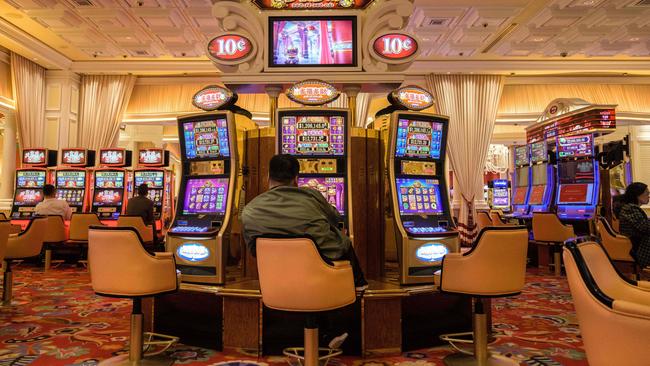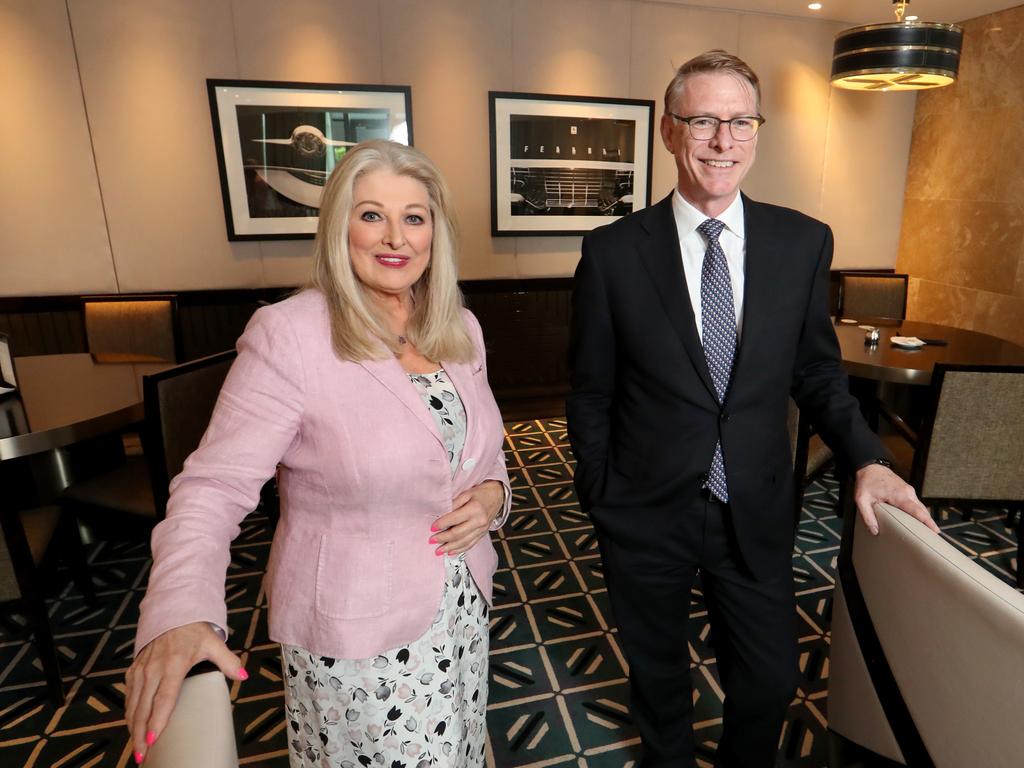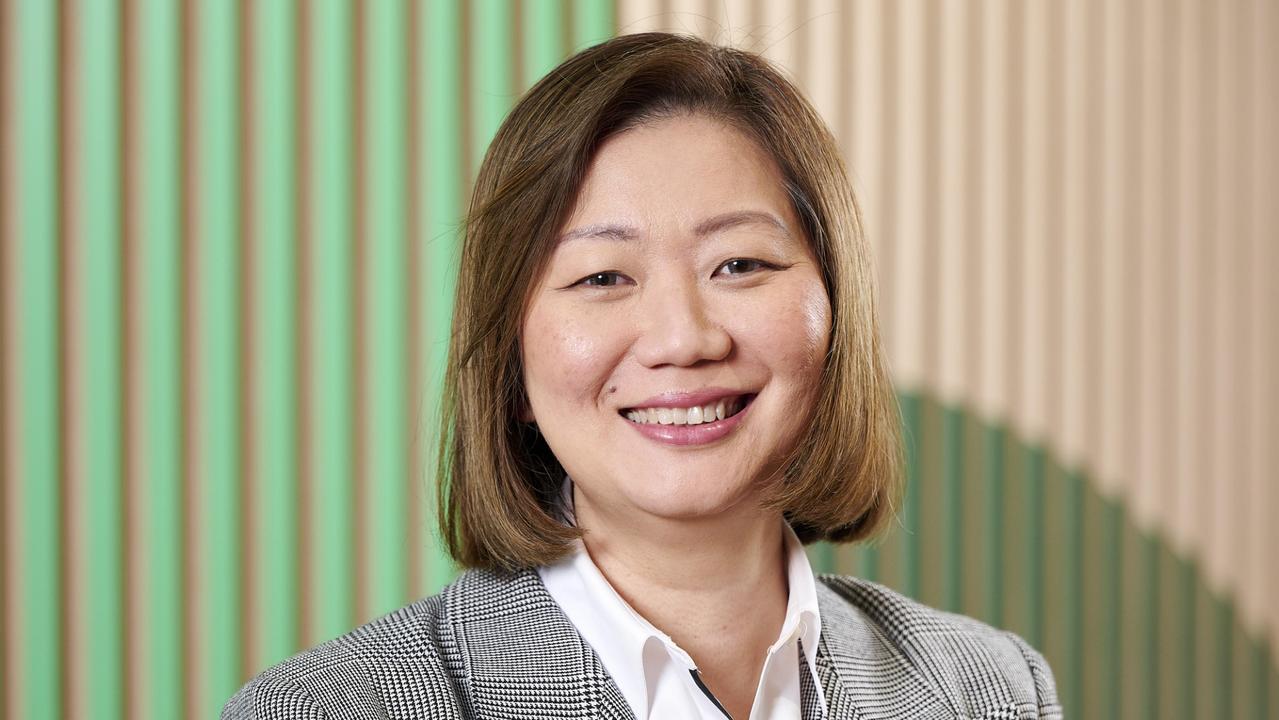Casino regulation expert recommends Australia license casino junket operators
‘Huge wave of black money’ out of China in the past 10 years has led to an increase in the VIP gambling market.

A Bangkok-based casino regulatory expert has recommended that Australia should introduce a licensing scheme for junket operators – companies which bring high rollers and VIPs from Asia to gamble at local casinos.
Paul Bromberg, senior vice president of investigation with the Spectrum Gaming Group, gave evidence on Monday to an inquiry by the NSW Independent Liquor and Gaming Authority, before former judge Patricia Bergin, into the fitness of the Crown group to hold a VIP casino license in NSW, and said it would be preferable for gaming authorities to license junket operators, particularly in the wake of their practices in Macau.
The inquiry is also looking into last year’s sale of 9.9 per cent of Crown shares by James Packer’s personal company to his former business associate in Macau, Lawrence Ho.
Mr Bromberg said most VIP casino players around the world came from mainland China, initially heading to Macau with its relaxed regulations around gambling and casinos.
But he said tighter regulations in Macau had prompted VIP gamblers from China to look to other markets to gamble, including Australia.
“There has been a huge wave of black money which has come out of China over the last 10 years which has led to the increase in the VIP gambling market,” he said.
“Ten years ago they were happy to go to Macau, but they are now going to other markets where casino operators are providing signs in Chinese, Chinese food and making it much easier for players (from mainland China) to go to their casinos.”
Mr Bromberg gave evidence about the murky world of junket operators in the gaming industry in Macau.
He said junket operators in Macau would bring in wealthy gamblers from mainland China, where gambling is illegal, to casinos in Macau, organising flights, hotels and credit for them to gamble, usually in special VIP rooms run by the junket operator.
In some cases, he alleged they also organised prostitutes and narcotics for them while they were in Macau.
In his evidence Mr Bromberg said Chinese organised crime groups, or triads, were often involved with junket operators in Macau with the triads helping out with a combination of debt collection from the high roller gamblers as well as security.
Answering questions from counsel assisting the inquiry, Naomi Sharp SC, Mr Bromberg said he believed that junket operators should be licensed, preferably by the gaming regulator in the jurisdiction in charge of the casino.
“Licensing is the foundation of a successful, properly regulated industry,” he said.
He said any licensing process should involve a review of the suitability of people involved with the junket operators.
Mr Bromberg said that Singapore had strict requirements for the licensing of junket operators, holding license operators to the same level of suitability to casino operators, while the licensing process in Macau was far less rigorous.
He said only two junket operators had been licensed to operate in Singapore. None of the junket companies operating in Macau had been able to get a license to operate casinos in Singapore.
Mr Bromberg said Japan, which is currently finalising its regulatory regime around casinos, is planning to ban junket operators from its casinos.
He said casino regulators in Macau were tightening regulations around the industry, including around junket operators, in the wake of pressure from Chinese president Xi Jinping, following a visit to the city in December 2019.
He said this tighter scrutiny in Macau, which now includes having facial recognition cameras on ATMs in Macau, was encouraging wealthy gamblers from China to look for opportunities to gamble in other places around the world.
Mr Bromberg, who has had decades of experience in the gaming industry in Asia, including making investigations into the suitability of casino operators and junket operators and advising government authorities in Singapore and Massachusetts, provided an insight into the world of gaming in Macau where the industry has grown to become the largest gambling centre in the world, on the back of wealthy gamblers from mainland China.
Mr Bromberg said the rise in gamblers from mainland China was a result of the strong growth of the Chinese economy and fortunes made both legitimately and as a result of corruption.
He described the world of junket operators as being “very secretive and difficult to penetrate.”
“It is not an open industry where they widely advertise their business practices,” he said.
He said the junket operators he had tried to investigate “usually do not keep very accurate records”.
Mr Bromberg said “loan sharks” toured the casino floors of casinos in Macau looking for cash strapped gamblers to lend money to.
“Within Macau casinos, loan sharks roam the mass market floors, looking for clients,” he said.







To join the conversation, please log in. Don't have an account? Register
Join the conversation, you are commenting as Logout